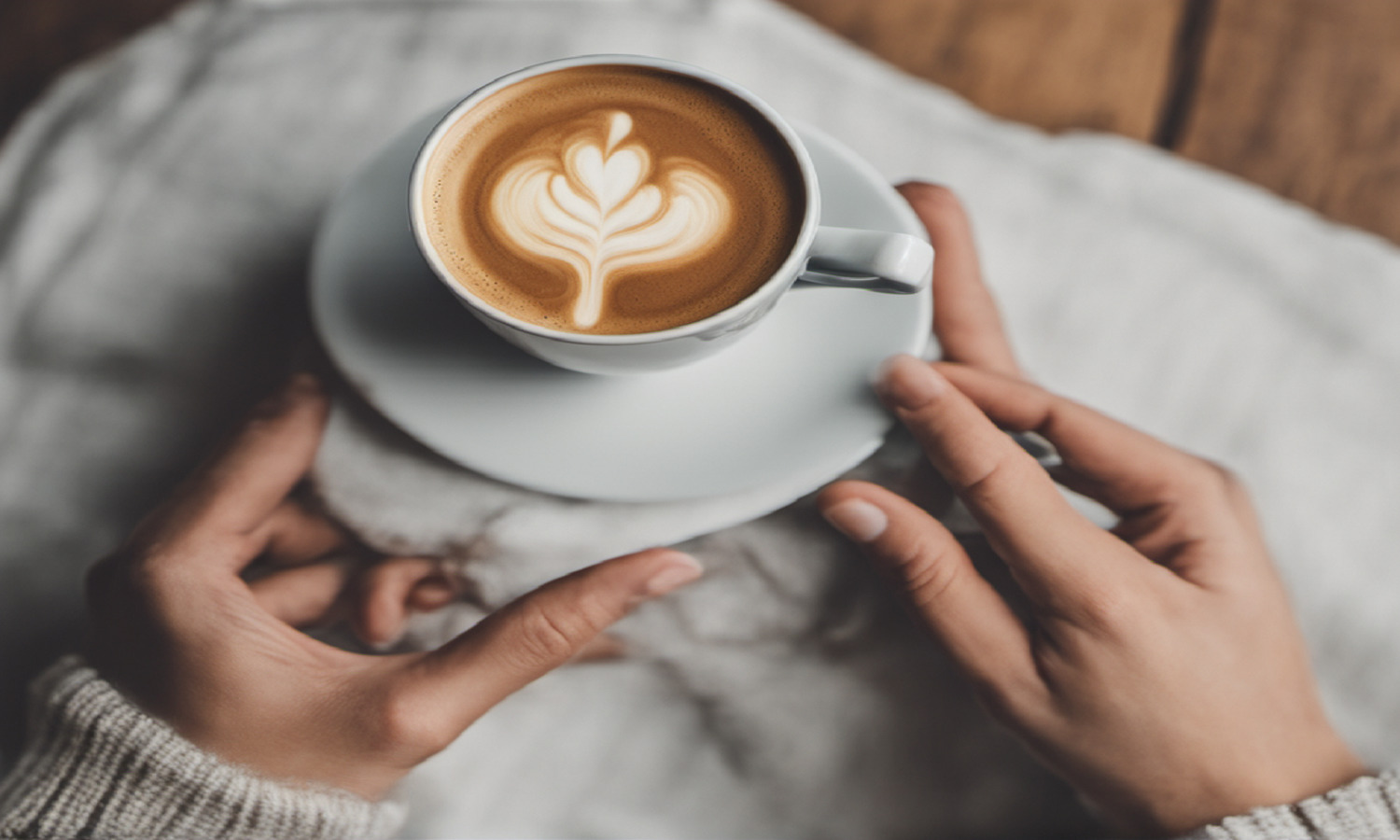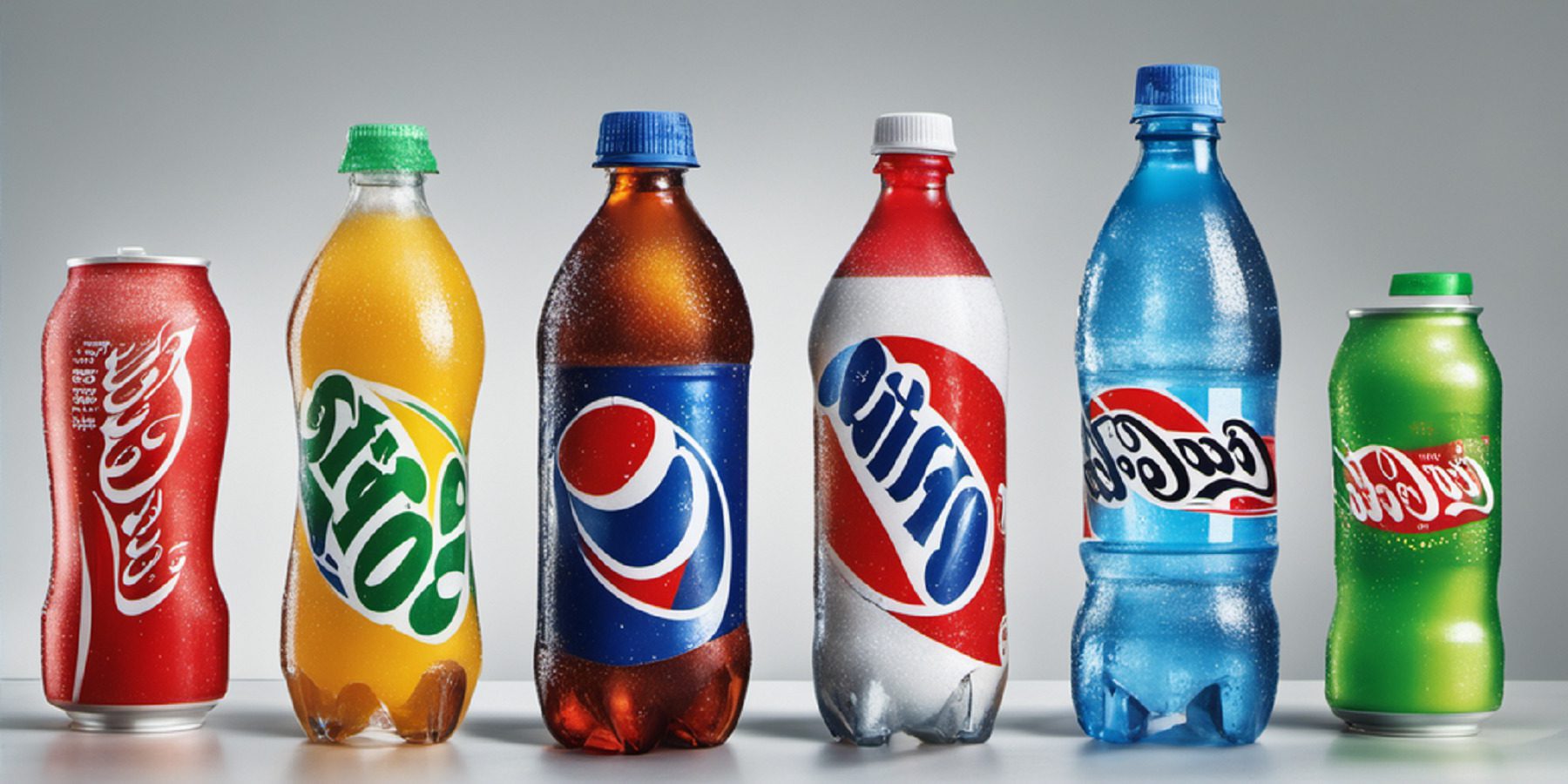The Soda Dilemma: 63% of Americans drink sugary drinks daily, according to the CDC. In 2022 and 2021, Brand Finance named Coca-Cola the best non-alcoholic drink. Second-place Pepsi.
Soda (pop, or soda-pop) isn’t all sunshine and rainbows, even while old Coca-Cola bottles make us nostalgic and a cold root beer reminds us of our youth. Diet sodas are heavy in sugar and may be harmful if consumed in excess. A health expert advises how to choose.
There is no “healthiest” regular soda. A similar-sized Pepsi, Coca-Cola, Sprite, or Mountain Dew has the same sugar and caffeine. However, registered nutritionist Chris Mohr suggests “healthier” soda drinking methods. Start by downsizing cans: A 20-ounce Coca-Cola has 65 grams of sugar. The American Heart Association recommends 25 grams of sugar for women and 36 grams for men.
If you need your afternoon Coke, a 7.5-ounce small can with 25 grams of sugar is better. Diet pop is another quick fix. Diet soda has fewer calories and sugar than regular soda due to artificial sweeteners. Mohr says it’s better
than soda, but neither is wonderful. This week, the WHO warned that diet drink aspartame may cause cancer. The WHO advises moderate aspartame consumption. Why is soda bad? Pop’s unhealthiness is its major drawback. Protein, fat, complex carbs, and vitamins keep us alive. Soda adds only sugar.
“They add a lot of that sugar we already eat too much of,” explains Mohr. Soft drinks, fruit drinks, and energy drinks provide the most sugar to Americans. Sugary drinks can cause obesity, type 2 diabetes, high blood pressure, and cavities, according to the CDC. Eating less milk, calcium, and other healthful foods is also associated.
Can drinking soda occasionally be healthy? Mohr responds, “Sure.” “If you want a Coke with your pizza on Friday night, that’s wonderful. “But I would never, ever advocate drinking soda every day,” Mohr says. “Most people who drink sodas drink too much, in my opinion.” Good soda? Nearby supermarket stores sell virally marketed health drinks. “Prebiotic” and “probiotic” drinks have less sugar, more fiber, more fruit juice than sodas.
Olipop has “Vintage Cola” and “Classic Root Beer” flavors. Poppi’s Dr. Pepper is “Doc Pop”. Culture Pop tastes like “Lemon Lime”. Mohr recommends these unusual sodas for healthy soda lovers.


“From a taste perspective, as someone who doesn’t drink sodas, I think they’re pretty similar and a lot healthier,” says Mohr. “They cost much more.”
They’re better than conventional pop, but not “miracle cures.” Probiotics are live microorganisms that boost our beneficial bacteria. These beneficial microbes protect us from pathogens. Prebiotic plant fibers feed intestinal microorganisms. Nutrition experts told The Washington Post that drinks don’t include enough prebiotics to make a
substantial difference and aren’t a “shortcut” to fiber.
Since soda contains sugar and caffeine, quitting might be difficult. Mohr advises reducing before eliminating.
“Could you cut back on one drink?” Mohr says. He proposes filling your cup with ice to make it big. You’ll drink
less soda yet feel like you’re drinking more.
Replace soda with a lower-sugar drink. Consider why you want soda.”It depends on the itch you want to scratch,” explains Mohr. Try a healthier soda flavor. Mohr recommends kombucha: Root beer and cream soda-flavored kombucha exist.
Bubbles are easy with seltzer water. Seltzer can be effervescent, sweetened with fruit juice, or tasteless. Mohr recommends tea or coffee over soda for energy. Coffee has more caffeine than soda. Pepsi has 40 milligrams of caffeine, while a 12-ounce cup of coffee has 120160 milligrams.
READ MORE : Best Hospital Rankings: U.S. News and World Report’s Latest Updates and Controversies
Also Read: Travis Kelce: Fierce Leadership Amid Training Camp Turmoil Sparks Unity and Camaraderie
Our Reader’s Queries
Is diet soda okay after bariatric surgery?
Avoid certain drinks after bariatric surgery to prevent stomach irritation. Stay away from caffeine for 3 months post-surgery, as well as carbonated beverages. Skip alcoholic drinks for at least 6 months.
What are the side effects of diet soda?
Weight gain, gut health disturbances, cardiovascular issues, and a stronger desire for sweets are among the potential drawbacks of consuming diet soda. Recent research has also suggested a possible connection between drinking diet soda and an elevated risk of stroke. Media coverage has largely centered on the negative health effects identified in these studies.
Is no sugar soda bad for you?
The artificial sweeteners and chemicals found in diet soda are generally considered safe and there is no credible proof that these substances can cause cancer. In fact, certain types of diet soda are even enriched with vitamins and minerals. However, it’s important to note that diet soda should not be viewed as a health beverage or a magical solution for losing weight.

